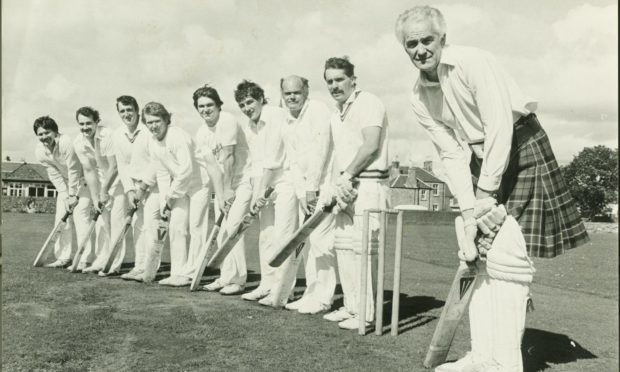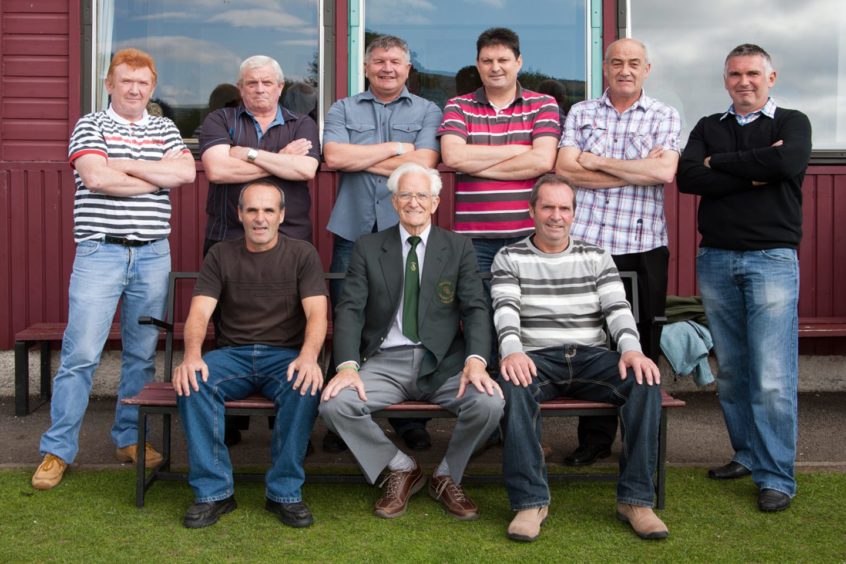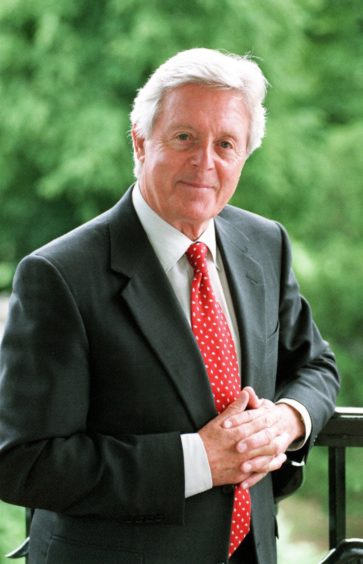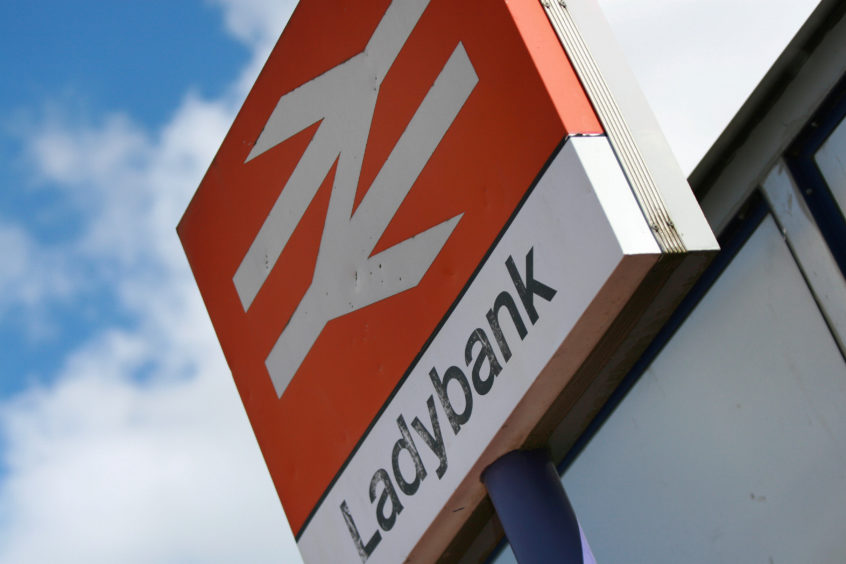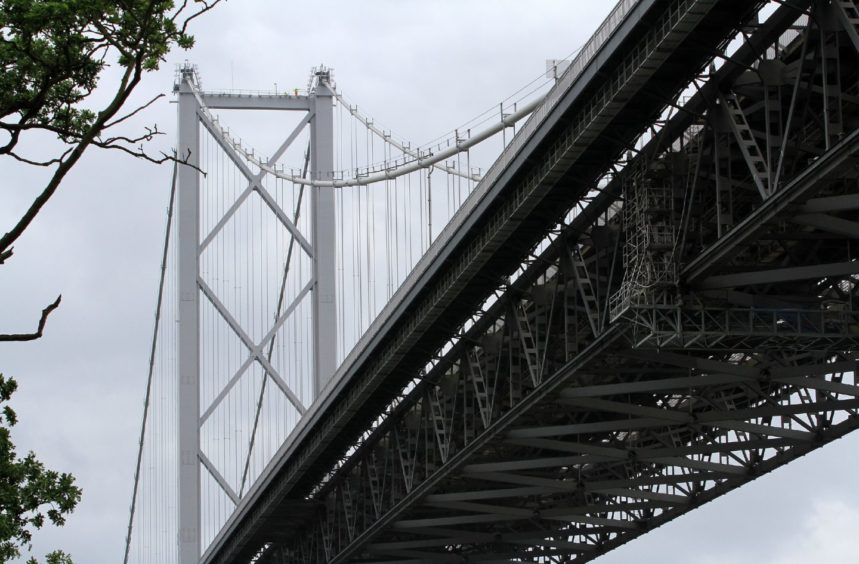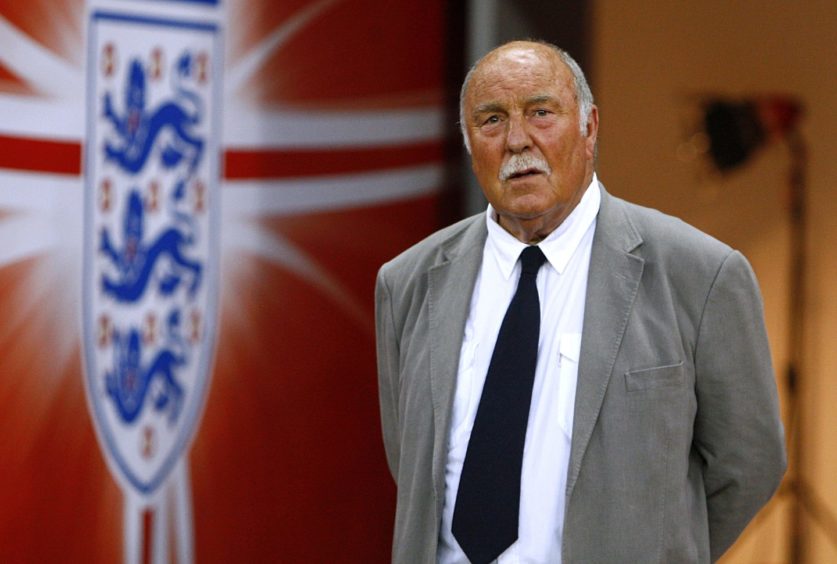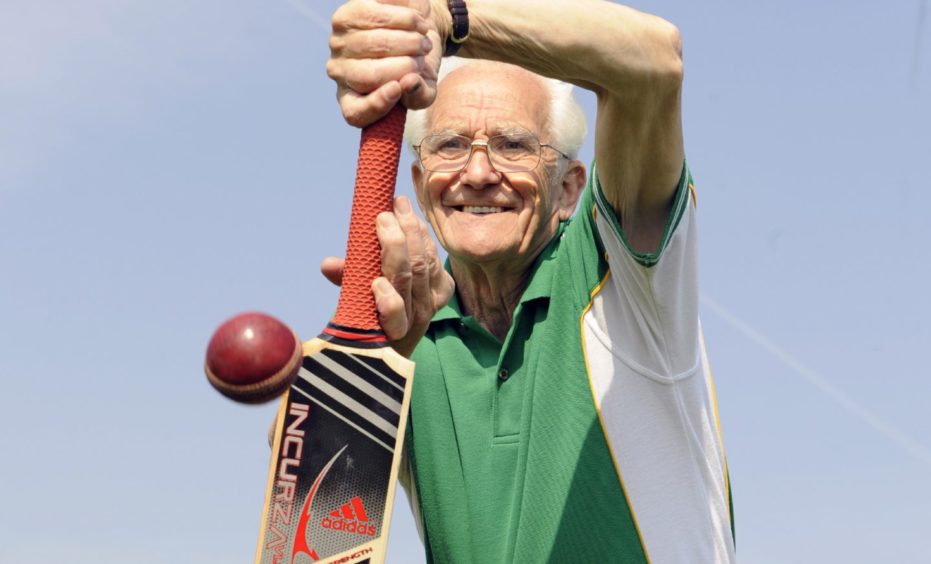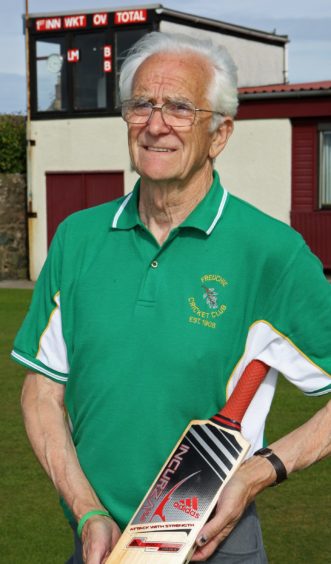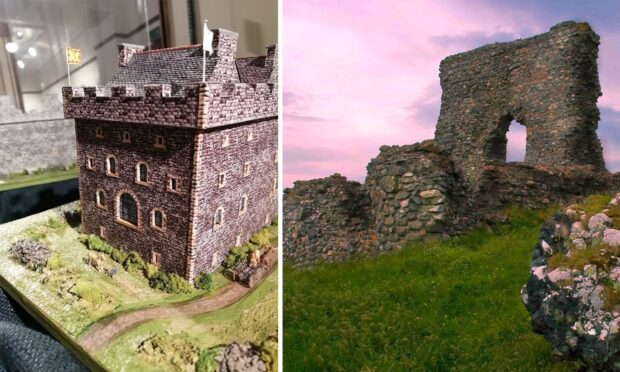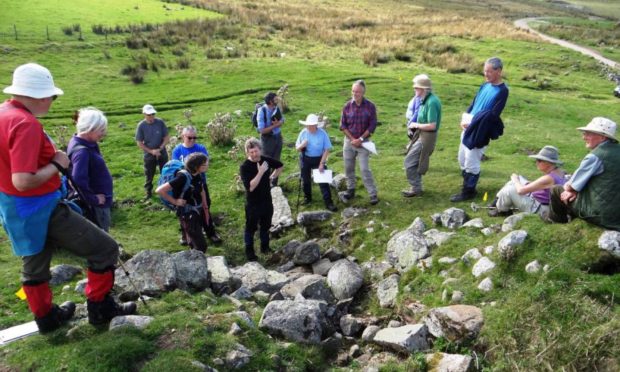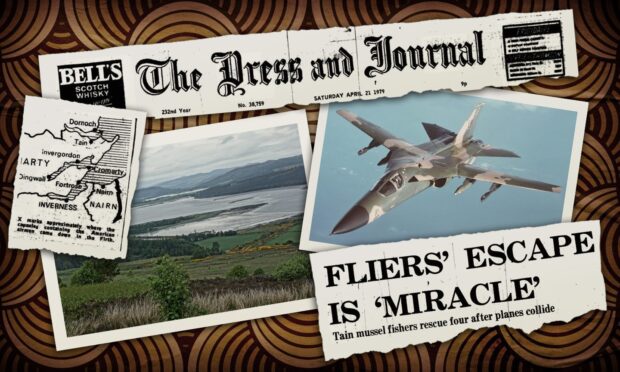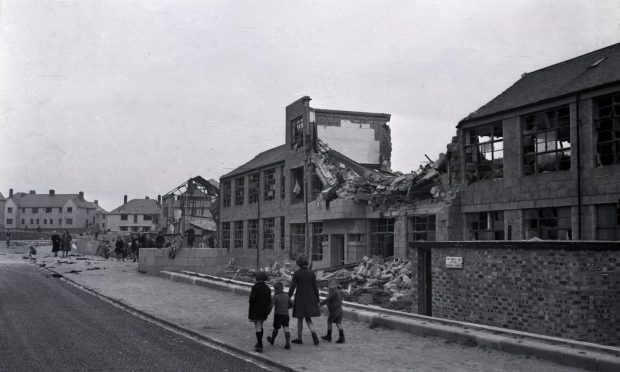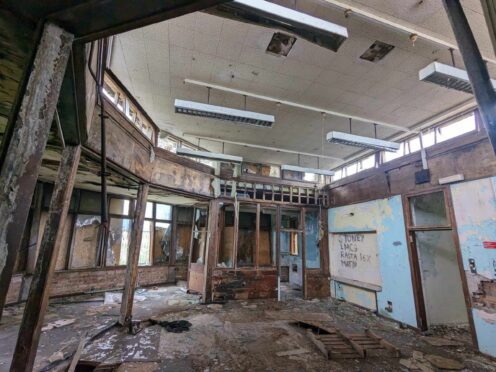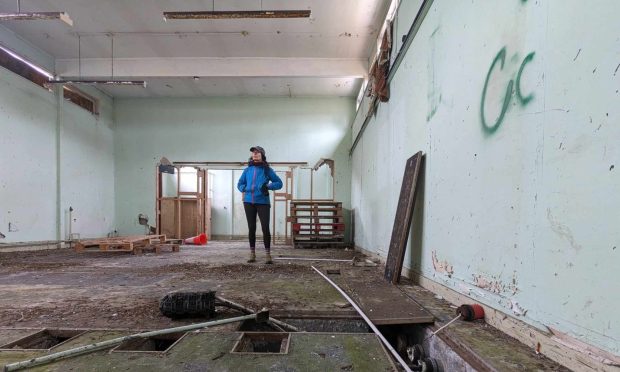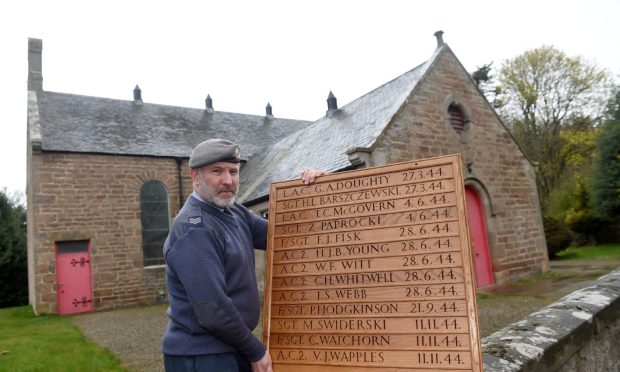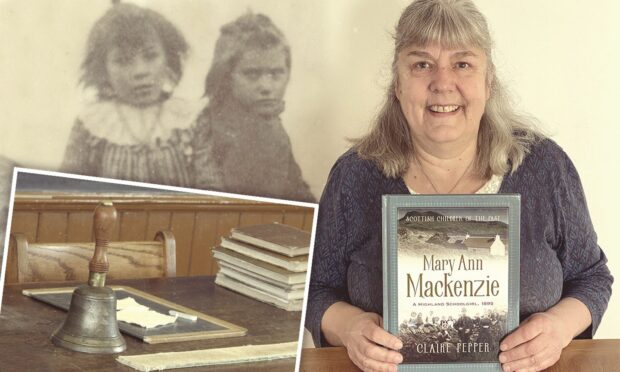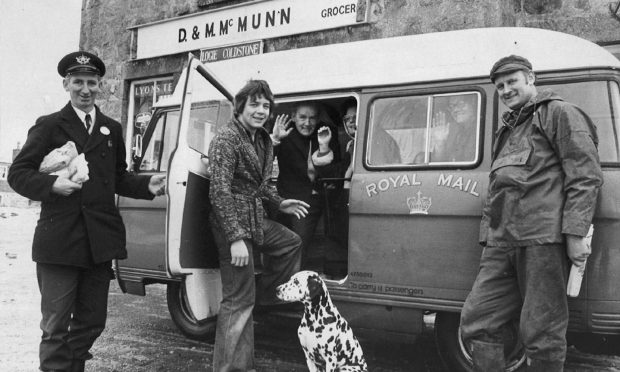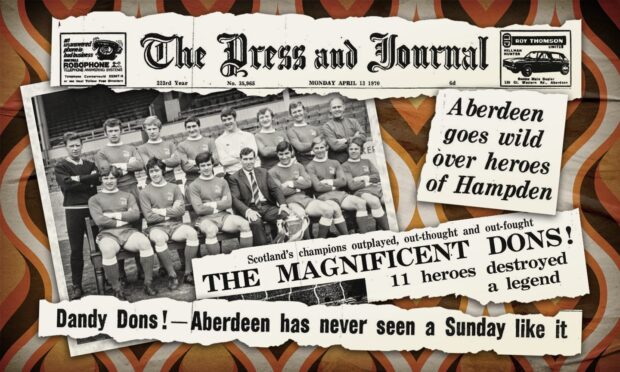Freuchie became the first and only team from Scotland to win the National Village Cup 35 years ago with victory over Rowledge. In the first of a two-part special, Neil Drysdale charts the journey to Lord’s for the Fifers who would go on to shake the world of cricket.
He wasn’t among the players who embarked on a magical campaign in the National Village Cup in 1985.
Yet, once Freuchie had advanced into the final of the competition and were preparing to travel down to Lord’s at the end of August, Allan Wilkie, the club’s enterprising secretary, soon became an important voice of sanity as hysteria threatened to erupt.
He was the man who was determined to ensure the Fifers wouldn’t be treated like dancing bears when they were inundated with offers from north and south of the border in the days leading up to the climax in London – and while there was excitement and expectation throughout the community, he was also the man who differentiated between those who wanted to acclaim Freuchie and those who wished to exploit them.
Wilkie recalled: “We knew that there would be a lot of attention on the team in the aftermath of the semi-final win, but I was committed to ensuring our lads weren’t mucked around or forced into embarrassing situations.
“Within 24 hours of the news hitting the English press, I was contacted by a film company who had followed Sunderland FC in the week leading up to the FA Cup final, and they wanted to make a fly-on-the-wall documentary about the club.
“But they were asking for everything on their terms, and they wanted us to do it for nothing, so I nipped that in the bud. They seemed astonished when I turned them down, but I didn’t even have a TV in my house, and so I wasn’t really impressed by Englishmen with hoity-toity voices telling me that I should be grateful for their interest.
“The same thing happened when a chap from London Weekend Television told me he wanted to fly us down there on the Friday morning to be on Michael Aspel’s talk show.
“I had to tell him our players had livelihoods to worry about and weren’t bothered about being treated like celebrities.
“They just wanted to play cricket. That seemed to shock him.”
Around the village itself, many of the residents found themselves caught up in the frenzy. Freuchie postmistress Mina Sanderson revealed: “The response to the club’s success has been phenomenal and I’ve had phone calls from all over the country. The number of visitors has increased markedly and we could be on the verge of a tourist boom in the future.”
Along the Main Street, Irene Veitch, the proprietress of John Bryce General Drapers, was equally enthusiastic as she watched a flock of newcomers arrive in the village.
She said: “It has all been pretty overwhelming. I never used to watch cricket, but I have become hooked on the sport and the atmosphere was incredible during the semi-final victory and I will certainly be going down to Lord’s to cheer them on.”
She wasn’t alone in making plans as August advanced. In different parts of the community, anthems and music were being created to celebrate the occasion.
One composition, Freuchie Go To Lord’s, which was written and performed by Dave Slater, actually came close to winding up on Top of the Pops and Wilkie recalled: “The song was originally laid down on small cassettes by Dave who was working in his own bedroom.
“He could only produce one at a time and it soon became apparent that he would be recording all night, every night, for weeks to keep up with demand, so we eventually contacted an agency in Edinburgh who mass-produced the copies for us.
“Freuchie’s March to Lord’s, with which Pipe Major Alistair Pirnie led the players through the Grace Gates at the famous ground on the day of the match, was specially recorded for the other side of the cassette in the studio in my front room, which was being decorated at the time.
“This really captured people’s imaginations.”
By Wednesday August 28, it was clear that the population was decamping en masse to the capital of Britain. Initially, British Rail were scheduled to lay on a bespoke service called the Freuchie Flier, leaving Ladybank station for King’s Cross with team, officials, press and fans at a cost of only £20 return.
However, the company subsequently admitted that it couldn’t find seven spare carriages in Scotland and would have to borrow them from Midlands Region, significantly raising the cost – which was the end of the discussion.
As a consequence, coach operators Moffat & Williamson were asked to lay on 10 buses which would carry passengers door-to-door from the village and surrounding communities to north-west London for a return fare of £14.50.
Yet, such was the demand that the firm had to charter vehicles from other businesses.
Everybody wanted to be part of this once-in-a-lifetime trip to the Big Smoke.
Captain Dave Christie said: “A week before the final, we had secured 14 buses, all supplied with toilets and air conditioning, but by the Wednesday, it had gone up to 17 and the bus company was growing worried. He eventually had to phone his colleagues in other towns and the price was more expensive for the late-comers – from memory, it rose to £17 or £18 – but there was nothing we could do about it.
“The situation was always just about in danger of spiralling out of control, but somehow we managed to keep a grip on it and I think that was down to Allan Wilkie.”
In the hours before the armada left Fife, good luck telegrams flooded into the village, including one from Queen’s Park FC, passing on best wishes from the first Scottish football club to play an English team, to the maiden Scottish cricket club to compete at Lord’s.
There was also a tele-message – this was another time, another place – from Sir George Sharp, the head of the Glenrothes Development Corporation which simply read: ‘Remember to Lord it at Lord’s’.
And the phone never stopped ringing.
Thankfully, though, the waiting was over on Friday August 30 as the battalion of buses set off at 8pm.
Despite bad weather – a constant feature in 1985 – scores of well-wishers thronged the Main Street to salute their heroes and the first leg of the journey steered them west, through Falkland, Strathmiglo and Gateside to the M90 motorway.
At the Forth Road Bridge, Scottish Television’s cameras captured Dave Christie and his colleagues singing with the raucous good humour and gallus camaraderie which had characterised their efforts throughout the whole season.
But their trek had barely commenced before they were heading back, swiftly, in the direction of Fife and across the bridge again, much to the bemusement of some members of the party.
Opening batsman Alan Duncan recalled: “We got some funny looks from the guys at the toll barrier, but the first time that we made the crossing, STV didn’t get the pictures they required. They told us there was something wrong with their camera angle, so we all agreed to do a ‘take two’ – as long as they agreed to pay the toll.”
The banter continued relentlessly as the overnight trek progressed. But it was a bleary-teed group who checked into the Westmoreland Hotel at 8am the next morning.
However, in the space of the next few hours, the players participated in TV broadcasts, practice sessions and attended a Cricketer reception on the Saturday night.
Freuchie’s Lord’s Triumph: The nail-biting finale which prompted a pitch invasion
By this stage, the little-leaguers’ arrival had attracted the interest of such diverse programmes as ITN’s News at Ten, Saint and Greavsie and Test March Special, where most of the presenters’ efforts at pronouncing Freuchie made it obvious they thought they were dealing with a team from a galaxy far far away.
Ian St John showed some awareness that Scots actually played cricket, while ex-England footballer Jimmy Greaves failed to respond to the Fifers’ challenge for him to have a net session with the team.
But Allan Wilkie was still calling the shots behind the scenes.
He said: “As the Saturday moved on, I was contacted by all manner of media outlets and I knew that a lot of Scottish supporters were walking around London seeing the sights – Buckingham Palace, Tower Bridge, Madame Tussaud’s, the usual suspects – and while it was a totally different situation from the Tartan Army’s invasion of Wembley in 1977, I guessed that some of the English papers would be looking for pictures of our fans.
“The Daily Express managed to find a group at Trafalfar Square and took photographs of them with their flags and kilts and I suppose that if you wanted a snap of an invading horde, that would have been ideal.
“But my worries were eased when I learned my old grandmother was in the middle of the crowd – she was 73 – and she was hardly the type of person to get in bother with the police.
“It might sound paranoid at this distance, but I was determined that nothing, absolutely nothing, was going to spoil Freuchie’s weekend and that the focus revolved around the players, because they were the reason we were all there in the first place.”
Once Dave Christie and his men had showered and breakfasted, they climbed on to another coach en route to the Indian Gymkhana Club on the Great West Road, where they had arranged a work-out on a strip of grass, in the direction of Heathrow Airport.
This organisation was founded in 1916 by the Maharajah of Patiala, who had toured England as Indian captain, and decided to bestow a gift of £1,000, specifically designed to provide students in the UK with a base for their cultural and sporting activities.
Some might be wondering about the connection between a sub-continental imperial India and the rough-and-ready citizens of Freuchie, but the answer was simple.
Namely, an Asian touring party had turned up in Fife in 1983 and Christie and Wilkie had forged close links with their visitors which were now being reciprocated.
The skipper recalled: “The Gymkhana lads couldn’t have been more supportive. They laid on a huge buffet for us, with all kinds of food (including garlic naan, layered parathas, malai kebabs, aloo tikki and juicy paneer tikka) and a lot of the Indian members, not just their cricketers, but folk from their football and hockey sections as well, came along and watched us practice and get ready for Lord’s.
“It was a late change of plan. Originally, we had thought about trying to get tickets for the Test match at The Oval, but with the English in the process of wrapping up an Ashes win against Australia, that idea was shot to pieces.
“A few of the lads also discussed going to a football match if West Ham, Arsenal, Chelsea or Tottenham were playing at home, but I thought the best option was to have a no-holds-barred practice, go flat out for two or three hours, then tuck into the buffet.
“It worked a treat.”
The Scots has already feasted even before they attended the Cricketer function in the evening. But at least they bothered to show up unlike their opponents, almost as if emphasising the contrast in the two sides’ approach to the cup final.
Christie said: “It was a grand dinner and both the magazine and ourselves benefited from the publicity which was being doled out to the team, because the game in Scotland had never seen anything like it in its history.
“We found out from the tournament organisers that Rowledge had a population of around 2,000 and they were very much in the commuter belt, 40 miles south-west of London.
“Their captain, Alan Prior, later told me that they were so close to being in Hampshire that a big hit for six at their ground would have sent the ball into another county, so they weren’t hugely different from us. Their community had two pubs, a post office, a village store, a hotel and a cricket club and that was about it.
“But perhaps because they were so near to Lord’s there wasn’t the same thrill and sense of expectation that we felt after travelling 500 miles.”
On the eve of the contest, Christie went for a quiet walk and mulled over the prospects for the biggest challenge in his or Freuchie’s history. If he was feeling the strain, or worrying about what might unfold at Lord’s, he certainly kept it well concealed.
He recalled: “I remember glancing around me that night, with everybody enjoying themselves and the party in full swing and thinking: ‘Well Dave, this is what we have been aspiring to ever since we heard about the National Village Cup competition – getting the opportunity to reach for the stars and go where legends had been’.
“And, without being sentimental, I also appreciated that, at 48, I probably wasn’t going to get this chance again. So I had better do everything I could to make it count, and especially with all those Fife busloads who came down to watch us.”
As the chimes of midnight reverberated around the corridors of the Westmoreland Hotel, the Scots gradually retreated to the sanctuary of their hotel beds and the Jack-the-lads dreamt of giant-slaying.
Back home in Freuchie, the local minister, Reverend Iain Wright, could tell he didn’t need to seek divine intervention simply from the low turn-out in the pews.
He said: “Our Sunday service passed without a prayer being offered up for the team’s success. I did think about the idea, but there were only a few members of the local club among the congregation. The rest were in London.”
Within the next few hours, these part-time stalwarts were to march intrepidly into the chronicles like none of their compatriots, before or after.
Read part two of the series by clicking here where we mark the triumph and speak to the 35-year-old who went to Lord’s as a baby.
